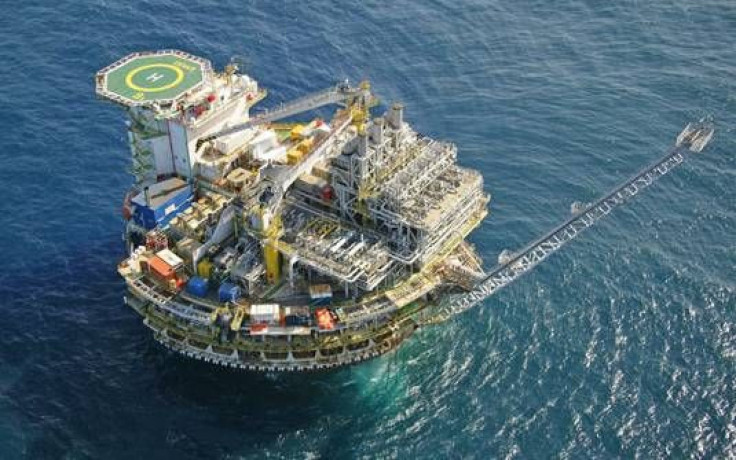Petrobras' (PBR) Libra Oilfield May Bring In $460 Billion For Brazil, But Protesters Fear Country Giving Away Too Much In Natural Wealth To Foreign Firms

The Libra field auction, which resulted in several foreign oil companies bidding for a share of the massive deepwater reserves off the coast of Brazil, has angered oil workers and protesters while making senior government officials very happy.
Indeed, Brazilian President Dilma Rousseff said the huge project could alter the geopolitical map of Brazil, reported the Spanish newspaper El País.
Under the results of the bid, the oil reserve site will be managed by Brazil’s state-run Petrobras (NYSE:PBR) and a consortium of foreign firms comprising Netherlands-based Royal Dutch Shell (NYSE:RDS.A), France-based Total SA (NYSE:TOT), Chinese-owned CNOOC Ltd. (NYSE:CEO) and privately held China National Petroleum Corp. (CNPC).
The state of Brazil will own 40 percent of the property, with the remaining 60 percent spread among the foreign entities. Shell and Total will get 20 percent each, with the two Chinese firms receiving 10 percent each.
The property is estimated to contain reserves ranging from 8 billion to 12 billion barrels of oil. President Rousseff has claimed that the project would generate 1 trillion Brazilian reals (about $460 billion) over the next 35 years, with almost 75 percent of that amount to be spent on health and education. She added that "85 percent of all the income to be produced in the Libra field will belong to the Brazilian state and Petrobras. This is very different [from] privatization.”
The consortium of foreign companies will commence the explorations with Petrobras, creating a “marriage” with Brazil, similar to the relationships established decades ago between the U.S. and oil-rich states in the Middle East, experts contend. “Oil geopolitics,“ wrote Juan Arias in El País, “usually brings strong international links that are not limited to [just] the business.”
The importance of the auction was clear from the tense atmosphere among Brazilian business, labor and legal circles over the past few days – at least 23 lawsuits were filed in several courts in Rio de Janeiro and São Paulo to block the auction. However, already 14of the suits were thrown out of court by Sunday, on the basis that they were motivated by personal ideologies rather than legal concerns.
Some analysts worry that the commitment to develop the oil property would require too heavy a price for a debt-burdened company like Petrobras.
On the other hand, some protesters worry that such natural resource wealth should be controlled entirely by Brazil. “I don’t feel secure about it, [the auction] should have been debated more by the [public],” complained Wendell Santana, a taxi driver, to The Guardian.
Another protester, a student named William Lucio, lamented: “I am against the auction. It is nothing more than privatization. We [want the] the state [to keep] the oil and [invest] it in health [care] and education.”
Moreover, oil workers -- including 90 percent of Petrobras’ staff -- went on strike on Monday.
The National Oil Workers Federation Union angrily stated: "Before the auction, the country [Brazil] was 100 percent owner of the biggest oil field yet discovered in the world. Now the Brazilian people are 60 percent poorer.”
Several hundred striking workers participated in a demonstration in the upscale neighborhood of Barra de Tijuca, in Rio de Janeiro, where the auction was being held. The area had been closed off to traffic since Sunday midnight, while the army patrolled the streets for the duration of the auction.
The government tried to appease auction opponents by declaring the immense benefits it will bring to the Brazilian economy. For example, the economy minister, Guido Mantega, said during the auction that Libra could bring in foreign investments worth some $180 billion – more than triple the $51 billion brought in by the auto industry.
According to local newspaper O Globo, Brazil is currently incapable of starting the oil explorations without foreign investment. In addition, estimates suggest that up to 29 new rigs will need to be built, since the oil is located in waters 7 kilometers (4.3 miles) deep. The construction of these rigs alone would create around 150,000 jobs.
© Copyright IBTimes 2024. All rights reserved.











